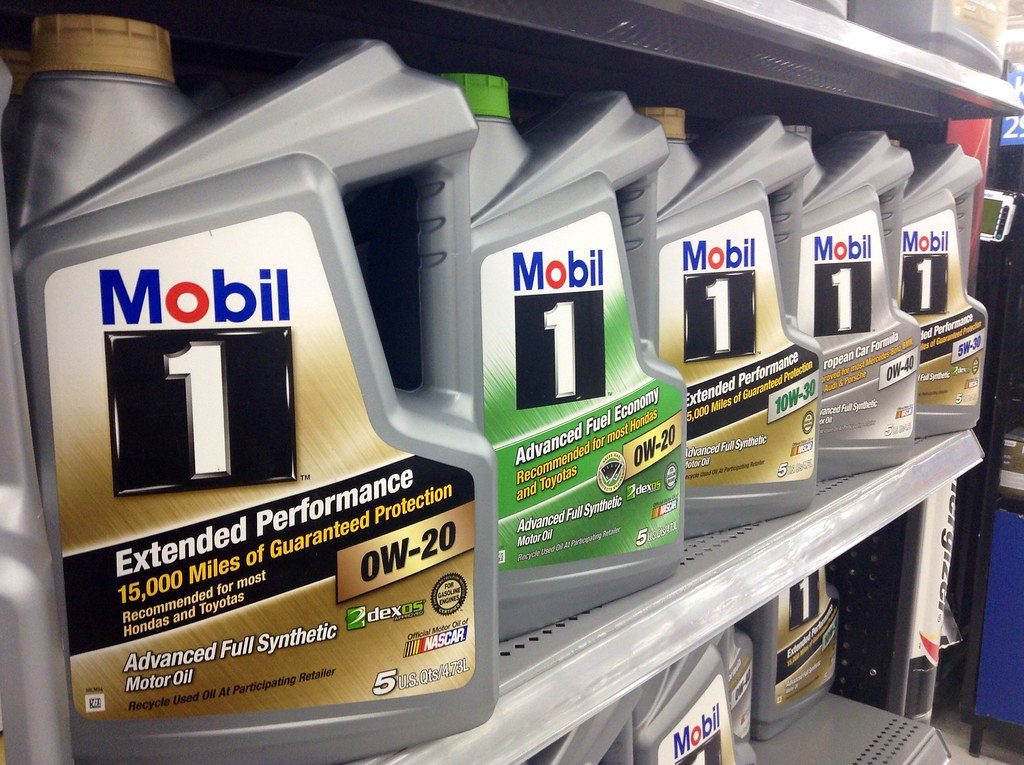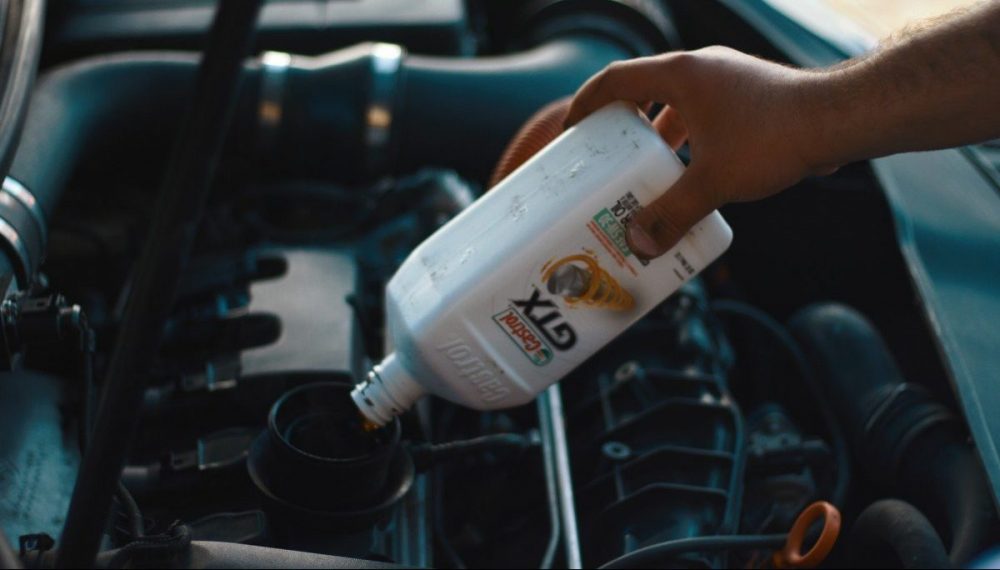When choosing the type of motor oil that you want to use within your vehicle, both 5W30 and 5W40 are popular choices. Within out list of the best synthetic oil recommendations, almost every oil was one of the two different types of oil.
Within the cars documentation, it may state a certain type of motor oil that you should use. However, factors such as the climate, high mileage engines and sometimes the price may mean another type of oil is the better option to use.
Choosing the correct oil for your car is crucial to ensure a smooth running engine and optimum performance. Understanding the difference between 5W30 and 5W40 oils is fairly straightforward once you have understood the basics below.
Table of Contents
The Basics
The numbers stated in the oil you choose are not random digits but instead define the grade of the oil. For example, let’s breakdown the 5W-30 oil below:
The 5W in the oil grade 5W-30 states that the oil must meet a certain maximum flow at lower temperature. Therefore, the lower the W rating will result in better performance during cold temperatures.
The 30 rating within the oil grade refers to the viscosity rating that the oil must reach at 100 degrees. The lower the rating, the more thinner the oil will be at 100 degrees. Viscosity of an oil is the measure of resistance, with the thickness determining the rate at which it will flow through the system.
Low Shear Viscosity
For those that are looking for a more technical approach to the viscosity ratings, the low shear ratings of the two oils are:
- Operating viscosity of 5W30 is 9.3 to 12.5 mm2/s at 100g
- Operating viscosity of 5W40 is 12.5 to 16.3 mm2/s at 100g
Factors To Consider
Although manufacturers will state a certain oil that you must use within your car, it may not always be the best. As the car ages and goes through various types of driving (long journeys or track days), you may be far better choosing a different oil.
For example, older vehicles or those that with high oil consumption may be better choosing a thicker oil. With the large amount of oils available, it is worth spending time to research the different oils available.

Which is Better? – 5W30 vs 5W40
Both the oils are similar in the fact that they perform well during both cold and warm temperatures. However, as the 5W-40 oil has a higher viscosity, it offers excellent lubrication during start ups. It is also great for higher mileage vehicles due to the thicker oil provide better protection for worn parts.
However, the downside is that due to the thickness, the lighter 5W-30 will provide better fuel economy. Both can be used in all temperatures but the 5W30 performs better during cold temperatures and the 5W-40 works better in warm temperatures.
Most enthusiasts will agree that 5W30 is the better due to it versatile application and better performance. However, it does usually come with a higher price tag than the alternative. If you drive a higher mileage vehicle or noticing high oil consumption, the 5W40 may be the better choice of the two different oils.
Conclusion
Motor oil is one of the most important components of your engine and choosing the correct oil can make a huge difference. 5W30 is by far the most commonly used oil of the two but if you are noticing oil loss or driving a high mileage vehicle, you may benefit from switching. Older vehicles require thicker oil to reduce wear of various components such as piston rings.

